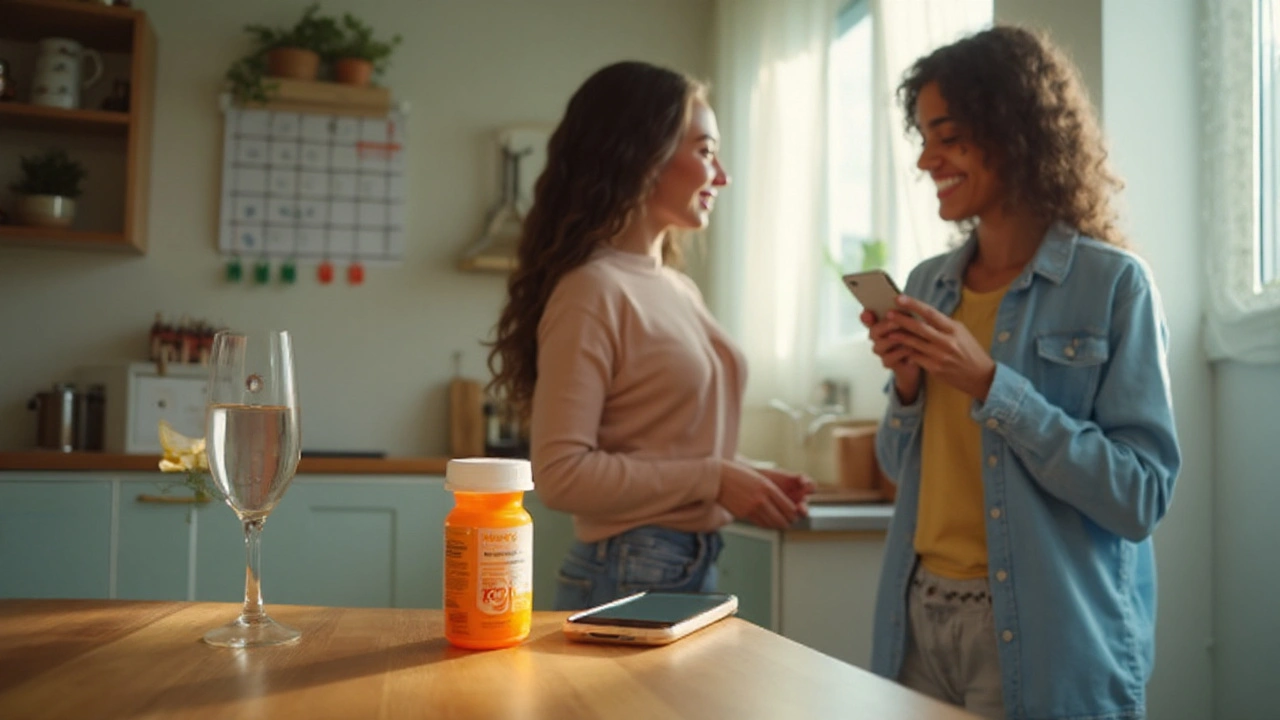Cold Sores – What They Are and How to Treat Them
If you’ve ever woken up with a tingling spot on your lip that soon turns into a painful blister, you know the annoyance of a cold sore. These tiny eruptions are caused by the herpes simplex virus type 1 (HSV‑1) and are extremely common. Most people get their first outbreak in childhood, but the virus can stay dormant and flare up later when stress, sunlight, or a weakened immune system triggers it.
Cold sores usually appear on the edge of the lips, but they can also show up around the nose or on the chin. The first sign is often a burning or itching sensation that lasts a day or two before the blister forms. The sore itself goes through a few stages – fluid‑filled blister, then a crusty scab, and finally it fades away without leaving a scar. The whole cycle typically takes 7‑10 days.
Spotting a Cold Sore Early
The key to cutting down the discomfort is catching the sore at the “tingling” phase. At this point, antiviral creams like docosanol or over‑the‑counter penciclovir work best because they can stop the virus from multiplying. Apply the cream as soon as you feel the itch, and repeat every few hours for the first 24‑48 hours.
If you’ve had frequent outbreaks, talk to a doctor about prescription antivirals such as acyclovir, valacyclovir, or famciclovir. A short 5‑day course taken at the first sign can shrink the sore dramatically and even prevent it from forming. For people with very frequent sores, a daily suppressive dose might be recommended.
Fast‑Acting Relief and Prevention
While the medication works on the virus, you can ease the pain with simple home tricks. Applying a cold, damp washcloth for a few minutes can numb the area. Over‑the‑counter pain relievers like ibuprofen or acetaminophen help with throbbing. A dab of petroleum jelly keeps the sore from cracking and reduces bleeding.
To keep future outbreaks at bay, protect your lips from UV rays. A lip balm with SPF 15 or higher is a cheap but effective shield. Manage stress with regular exercise, adequate sleep, and relaxation techniques – the fewer stress spikes, the less likely the virus will react.
Don’t share items that contact your mouth. Forks, lip balms, razors, and even towels can spread HSV‑1 to others or re‑infect yourself. If you’re experiencing an active sore, avoid kissing and oral sex until it’s fully healed.
When should you see a doctor? If the sore doesn’t improve after a week, if it spreads to the inside of your mouth, or if you have a weakened immune system, get medical advice. In rare cases, cold sores can cause complications like eye infections or facial nerve problems, which need prompt treatment.
Bottom line: cold sores are annoying but manageable. Early antiviral treatment, good lip care, and stress control can keep the blisters short‑lived and less painful. Keep these tips handy, and the next time that tingling starts, you’ll know exactly what to do.

Valacyclovir FAQs: Quick Answers on Dosing, Uses, Side Effects, and Safety
Clear, fast answers about valacyclovir: dosing for cold sores, shingles, and herpes; how fast it works; side effects; interactions; pregnancy and safety tips.